Publications
Articles, publications, books, tools and multimedia features from the U.S. Institute of Peace provide the latest news, analysis, research findings, practitioner guides and reports, all related to the conflict zones and issues that are at the center of the Institute’s work to prevent and reduce violent conflict.
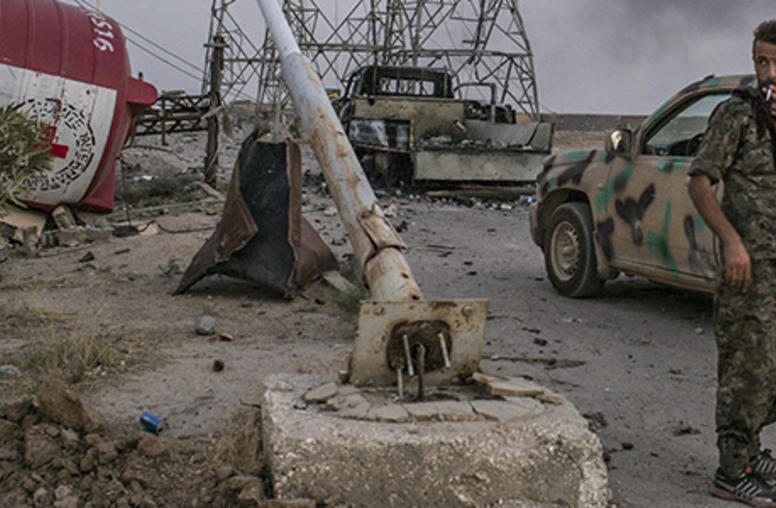
Q&A: Russia’s Intervention in Syria
Russia’s military involvement in Syria has further complicated a four-year-long civil war that the United Nations says has killed more than 250,000 people and driven half the population from their homes. Syrian President Bashar al-Assad just visited Moscow, his first trip outside Syria since the conflict began in 2011 – to meet with Russian President Vladimir Putin. Elie Abouaoun, director of Middle East programs at the U.S. Institute of Peace, considers the ramifications, the prospects for r...
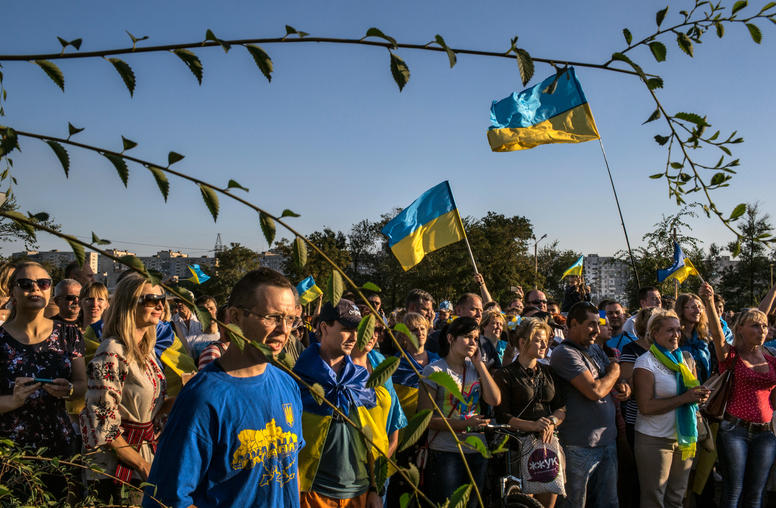
Does Ukraine Still Believe in Reform?
As the country votes in local elections, Ukrainians will weigh in on whether they still believe in the promise of a less corrupt tomorrow.
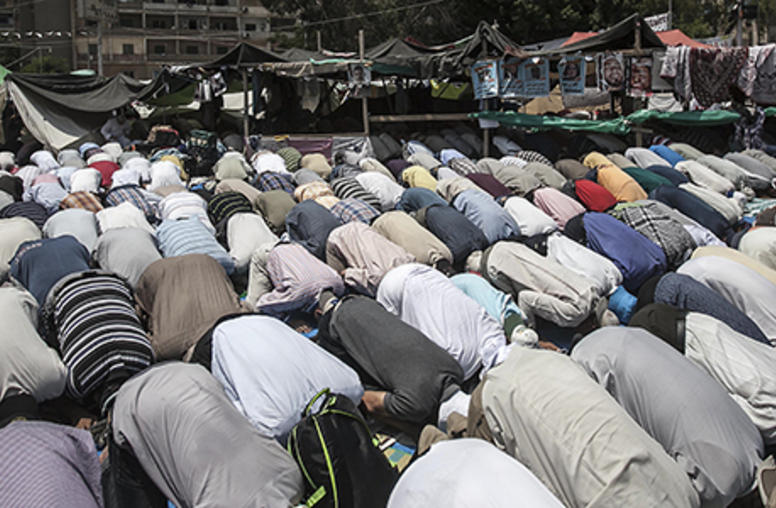
Islam Is a Religion of Peace
Can the wave of violence sweeping the Islamic world be traced back to the religion's core teachings? A USIP-FP Peace Channel debate about the roots of extremism.
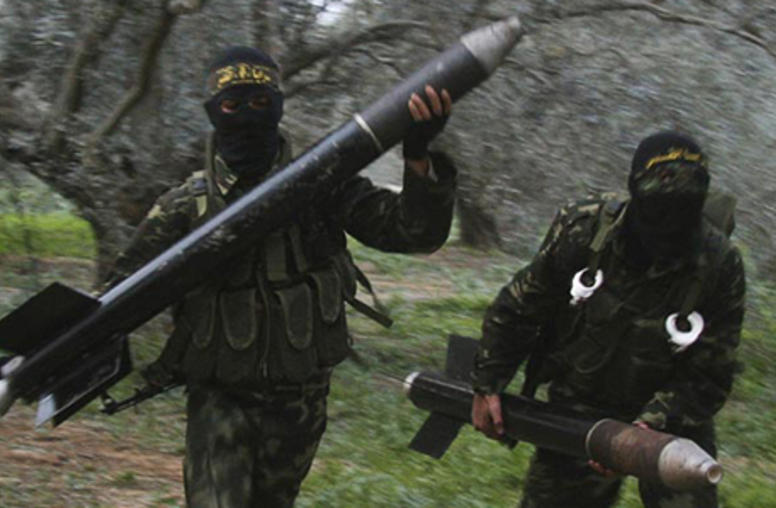
Islam Is a Religion of Violence
Can the wave of violence sweeping the Islamic world be traced back to the religion's core teachings? A USIP-FP Peace Channel debate about the roots of extremism.
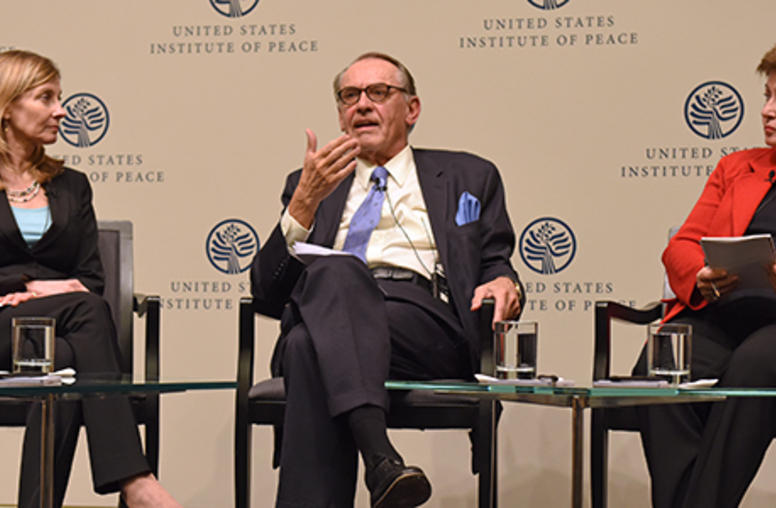
U.N. Eyes Early Human Rights Intervention to Promote Development
United Nations discussions that are underway on how it can intervene to stop human rights violations within national boundaries might help prevent such tensions from exploding into the kinds of civil wars and floods of refugees that the world is experiencing today, said Jan Eliasson, the global body’s deputy secretary general, at an event organized by the U.S. Institute of Peace.
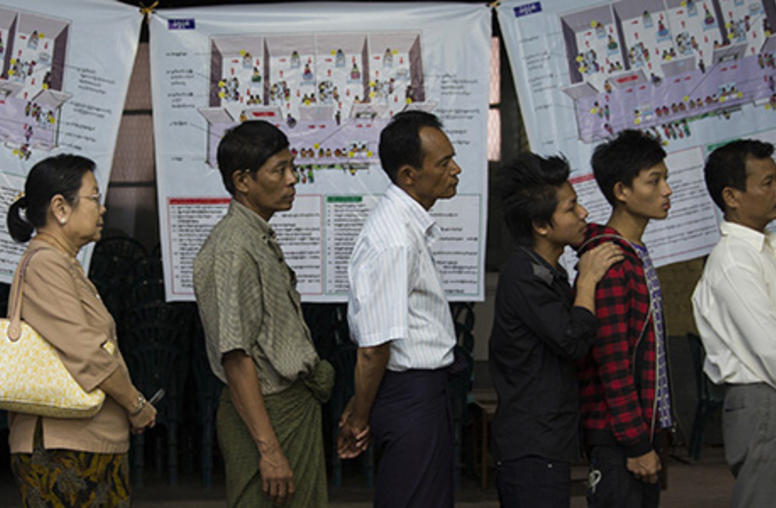
Q&A: Myanmar Voters Cast Ballots for Democracy
Myanmar’s transition to representative democracy took a critical step on Nov. 8 as the nation held the first general election since almost 50 years of military rule ended in 2011. While ballots are still being counted, the National League for Democracy, led by Nobel Peace Prize laureate Aung San Suu Kyi, appears headed to winning control of parliament. Priscilla Clapp, a former American diplomat in Myanmar and U.S. Institute of Peace specialist on the country, discusses the implications of th...
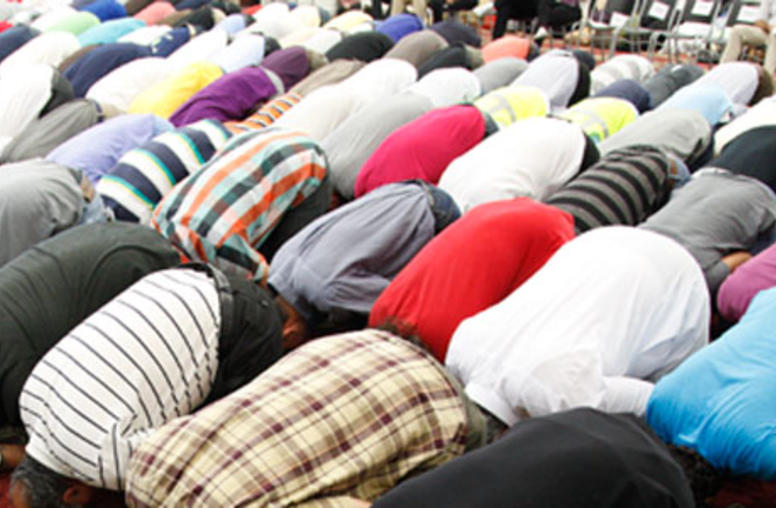
Ambassador Johnson Cook, Specialists Consider Role of Civil Society in Religious Coexistence
The U.S. State Department’s “strategic dialogue” with international civil society, including faith leaders abroad, is underway and “planting seeds for the future” in fostering peaceful religious coexistence, Ambassador Suzan Johnson Cook, the U.S. ambassador-at-large for international religious freedom, said at the U.S. Institute of Peace (USIP) on October 22.
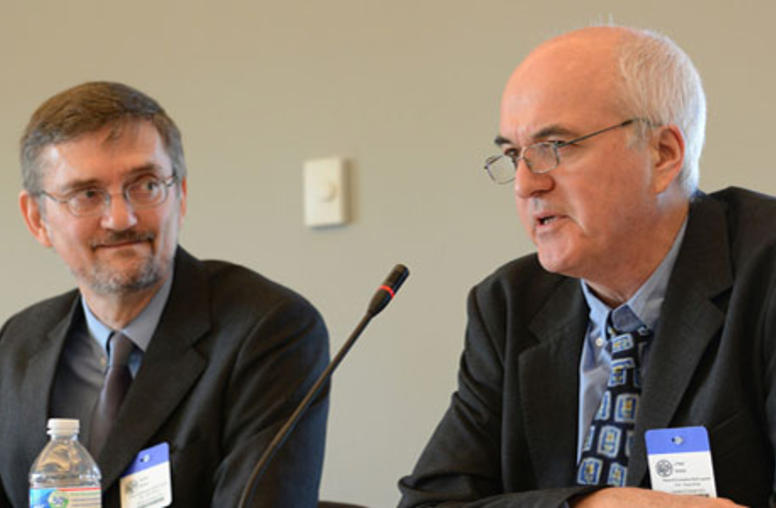
New USIP Book on ‘Peace Economics’ Launched at Institute
Creating sound economic policy and a stable macroeconomic framework is essential to societies recovering from violent conflict, yet few practitioners have the background needed to apply economic concepts effectively. The two authors of "Peace Economics: A Macroeconomic Primer for Violence-Afflicted States" describe their effort to provide an overview of practical ways that sound macroeconomic policies can help build stability in states affected by violent conflict.
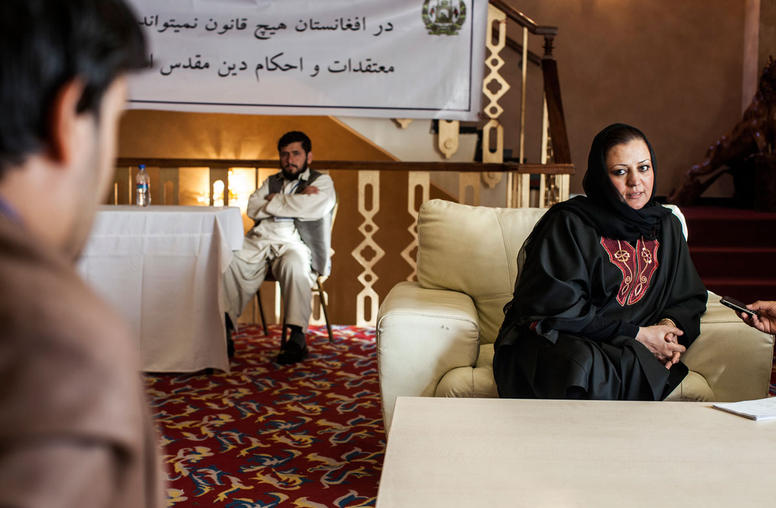
Sexual Violence and the Missing Peace Symposium
USIP’s Gender and Peacebuilding Center director, Kathleen Kuehnast, previews the upcoming Missing Peace symposium and policy goals for this critical national security matter.
USIP Disaster Reservist Supports Hurricane Response
A USIP employee, Tracey Brown, has been deployed to assist with the response to Hurricane Sandy that hit the East Coast. Brown, a USIP contracts assistant, is a Federal disaster reservist member of the Federal Emergency Management Agency’s Federal Surge Capacity Force. Her deployment will last 2-3 weeks unless the assignment is extended.